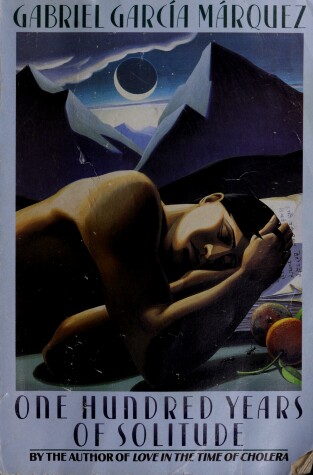Picador Books
6 total works
Chronicle of a Death Foretold is a compelling, moving story exploring injustice and mob hysteria by the Nobel Laureate Gabriel Garcia Marquez, author of One Hundred Years of Solitude and Love in the Time of Cholera.
'On the day they were going to kill him, Santiago Nasar got up at five-thirty in the morning to wait for the boat the bishop was coming on'
Santiago Nasar is brutally murdered in a small town by two brothers. All the townspeople knew it was going to happen - including the victim. But nobody did anything to prevent the killing. Twenty seven years later, a man arrives in town to try and piece together the truth from the contradictory testimonies of the townsfolk. To at last understand what happened to Santiago, and why. . .
'A masterpiece' Evening Standard
'A work of high explosiveness - the proper stuff of Nobel prizes. An exceptional novel' The Times
'Brilliant writer, brilliant book' Guardian

